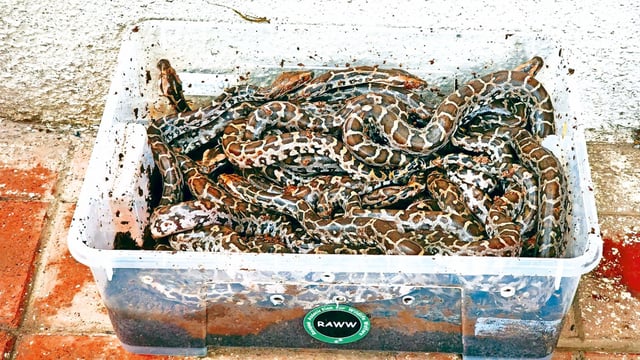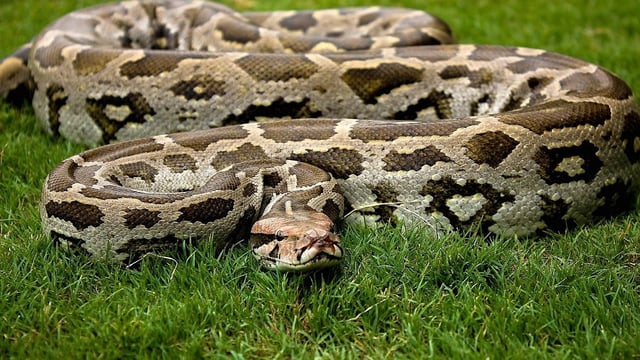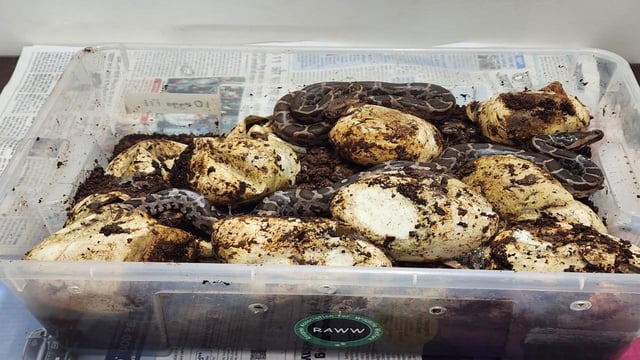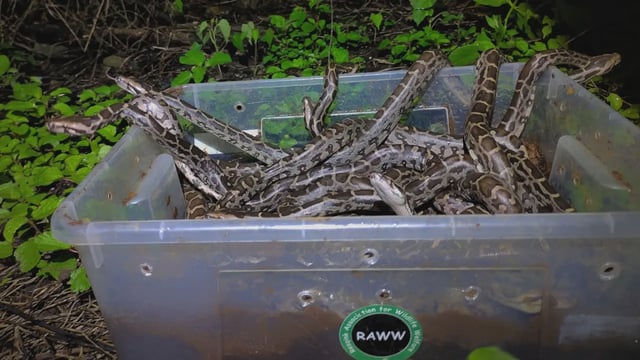Overview
- On May 18, BMC workers found a nine-foot Indian Rock Python guarding 22 eggs in a drain on Mumbai’s Eastern Express Highway, prompting a joint rescue by RAWW and state forest officials.
- At RAWW’s wildlife rehabilitation facility, zoologist Chinmay Joshi incubated the eggs in a makeshift chamber with temperatures held at 21°C–23°C and humidity at 65%–80% to replicate natural nesting conditions.
- All 22 hatchlings emerged over a 24-hour period between June 24 and 25, achieving a rare 100% success rate for artificially incubated python eggs.
- Following veterinary health screenings led by Dr Priti Sathe, the young pythons were released into their natural habitat on June 25 under forest department supervision.
- Indian Rock Pythons are protected under Schedule I of India’s Wildlife Protection Act and classified as Near Threatened by the IUCN, underscoring the operation’s role in species conservation.



